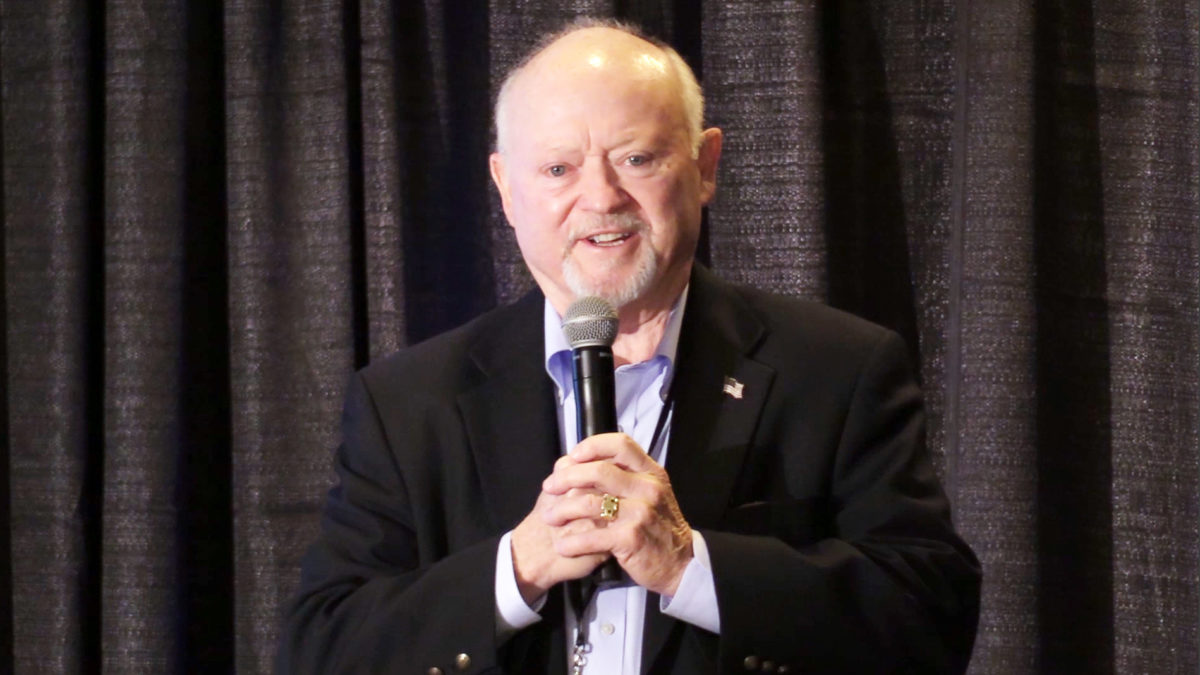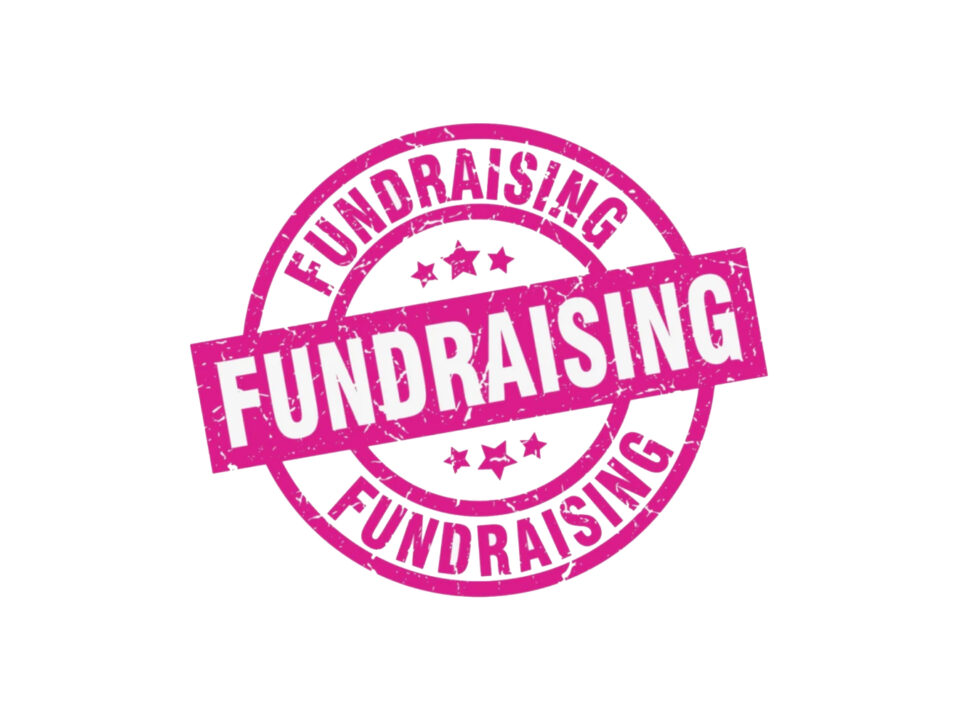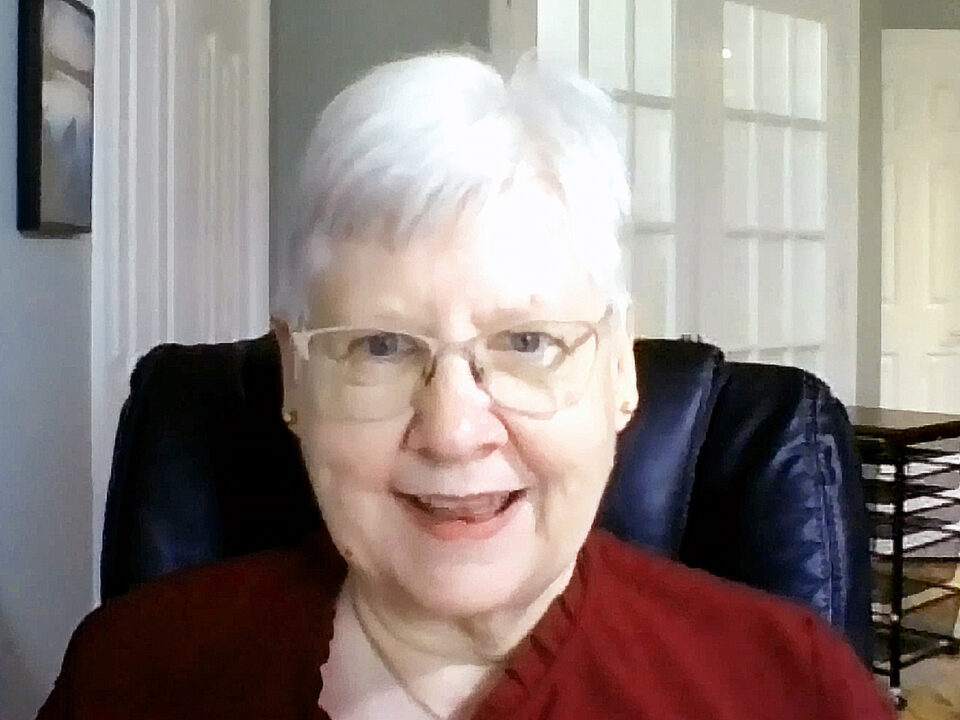
What makes a successful fundraising consultant? What qualifies someone to hang out the shingle that says, “Fundraising Consultant”? Is it passing a test, such as CNC? Or even CFRE? Let’s approach this question logically.
Con-sult-ant n.1. One who gives expert or professional advice. 2. One who consults another. In examining the dictionary definition, two factors stand out in my mind: 1. one could give professional advice without giving expert advice. What do I mean? I can train someone in the art and science of fundraising and I could train someone how to present fundraising information, strategies, plans and models, e.g. Major Gifts Ramp Up, but unless that person has actually been responsible for raising funds for a nonprofit organization that required proven, sufficient expertise to plan and implement comprehensive fundraising strategies with expected successful results, how can he or she be considered an “expert”? Just because a person has credentials, degrees, titles and even experience in fundraising it does not necessarily mean that he or she is qualified to advise others how to achieve fundraising success, For instance: I have an MBA degree and have taught Strategic Planning at the college level. I have proven success in sales in several businesses and have even run my own businesses, but that doesn’t mean that I can qualify as an organizational development (OD) expert consultant. I know components of organizational development, but I could not successfully advise others in OD.
It is all too common that many “fundraisers” seek to be consultants because they have not been successful at fundraising. Besides the actual needed practical experience in fundraising as a development officer, with a proven track record of meeting and exceeding goals, of working successfully with volunteer leaders and administrators, and a proven track record with cultivating and maintaining relationships with donors, and with understanding how to create a “culture of philanthropy” within nonprofit organizations, the aspiring consultant must have the desire to share with others what he or she has learned “in the trenches” of daily planning and implementing strategies and managing all of the various human relationships routinely encountered as a fundraising professional.
The most successful consultants with which I have had the privilege of serving and knowing are those who truly put the client first, and their success is the driving factor in the relationship – not, “how much can I make?”
There are true, expert consultants who have earned the right to hang out the shingle, and there are others who are either, in process, or are not what they should be or could be. I have had to pick up the pieces of rubble left by incompetent consultants too many times. In fairness to some aspiring fundraising consultants, I really believe that many may have good intentions but really don’t know what they are doing because they have never been successful in raising philanthropic funds themselves, or if they have, it may be in the environment of conducting special events because that’s all they know. They don’t have the experience of managing or participating in a comprehensive fundraising program for a nonprofit organization.
Being an expert fundraising consultant is more that passing an exam. It is the privilege of those who have earned their stripes in the trenches that have the right to hang the shingle of “Fundraising Consultant” (who may have also successfully completed an exam). To illustrate the meaning of this statement, I have known many people who are academically astute enough to achieve the status of Certified Fundraising Executive (CFRE) but are not competent or successful fundraisers. Several have gone on to become “consultants.” I have seen that backfire with some of the best consulting firms.
Fundraising Consultant – How Do You Measure Success? was written by Hall Powell, CNE, CDE, CNC. Hall has served as Senior Vice President of Development Systems International (DSI) for more than a decade and has 34 years of fundraising experience, including 19 as a fundraising consultant. He has provided campaign and development counsel to a wide variety of institutions throughout the country, with special emphasis in the healthcare field. Prior to joining DSI, Hall was senior consultant with the fundraising consulting firm Alexander Hass of Atlanta, Georgia. Previously, Hall served as the Executive Vice President of the Memorial Health Foundation, Inc. in Savannah, Georgia, and the founding Executive Director of the New Hanover Regional Medical Center Foundation, Inc., in Wilmington, North Carolina. He spent more than four years as the founding Director of the Amethyst Foundation in Charlotte where he played a significant role in the development of a nonprofit management seminar for Winthrop University. He also served as Director of Graduate Administration at Winthrop and was responsible for directing the Executive MBA Program as an Associate Professor in the Management Department. A seasoned lecturer in the nonprofit sector, Hall has also been an instructor with the Duke University Nonprofit Management Seminar. A Certified fundraising Executive, Hall has served on the national board of directors of the National Society of Fundraising Executives, now known as the Association of Fundraising Professionals (AFP). He has also been instrumental in forming two AFP chapters. He holds an undergraduate degree from Guilford College and an MBA from Winthrop University. Hall also engaged in graduate studies at Columbia International University. In his role as a fundraising counselor, Hall Powell is a strong advocate of the underlying philosophy of “donor-centered fundraising,” meeting the need of the donor to give, not putting the needs of the nonprofit organization as the primary motive for the donor/institution relationship. With this underlying philosophy for building comprehensive fundraising programs for institutions he served as Chief Development Officer, and for those he serves as fundraising counsel, he supports the Major Gifts Ramp Up model. The model, accurately presented in 13 chapters built upon tried and proven best practices for successful major gifts fundraising, emphasizes building capacity for the nonprofit organization and long-term donor relationships.
Fundraising Consultant – How Do You Measure Success? was posted at DSI News by Jimmy LaRose


